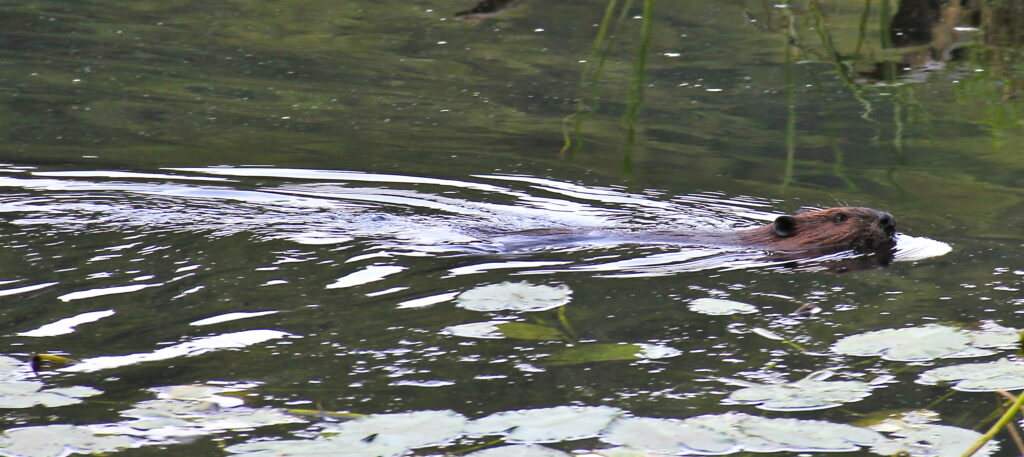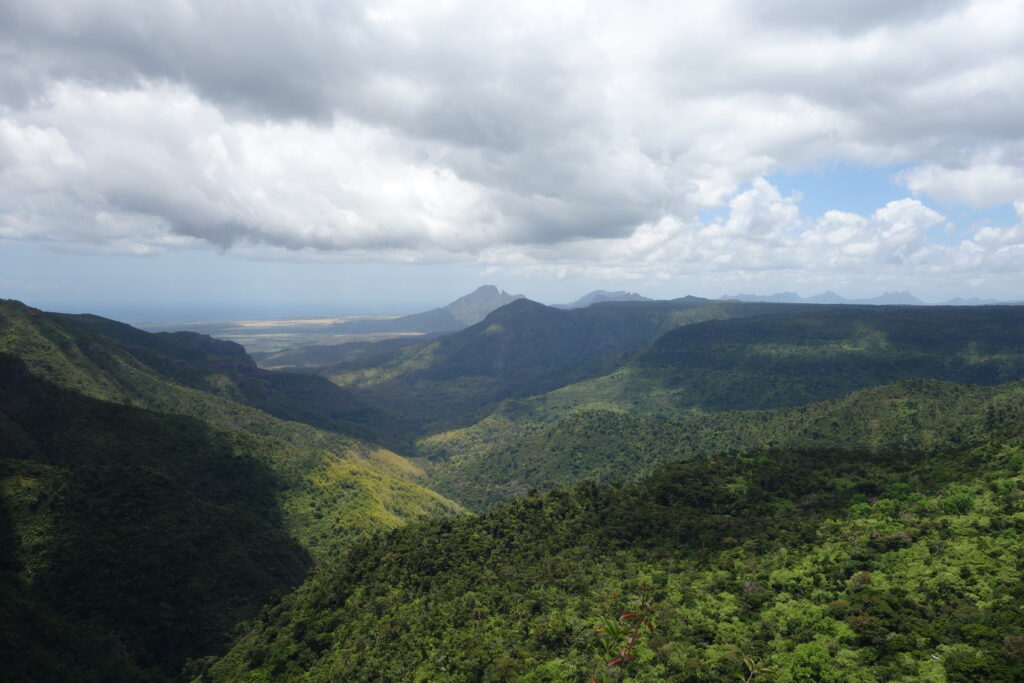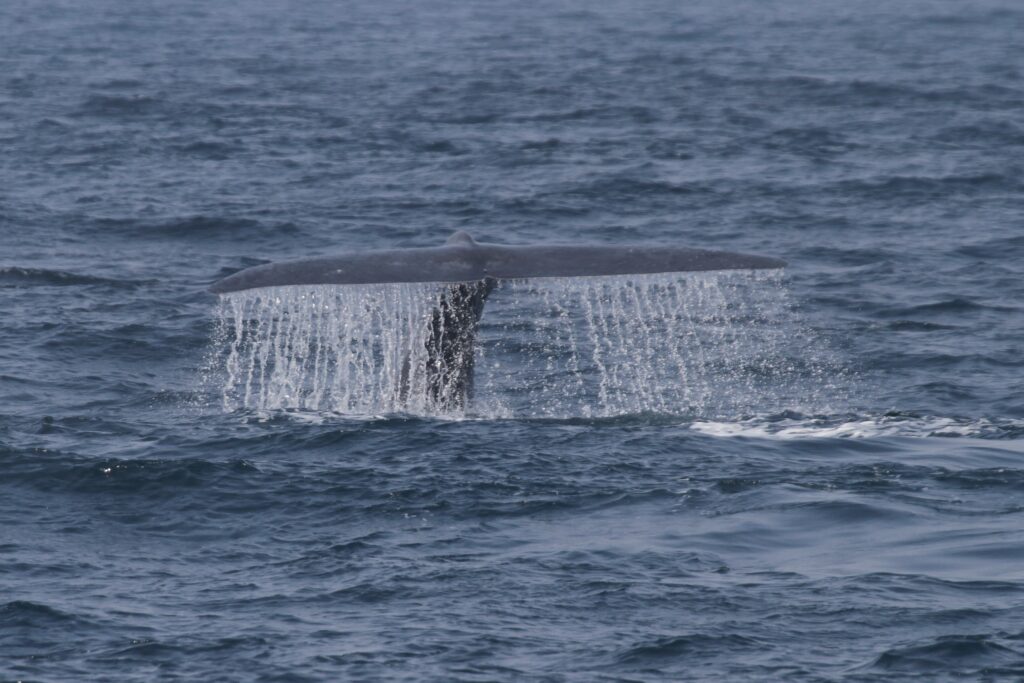Extinction
A recent study has found that humans have wiped out double the number of bird species as previously thought. According to the Centre for Ecology and Hydrology (UKCEH), 1,400 bird species have been made extinct which amounts to 12 percent of species being lost due to modern humans. The causes of the destruction of so many species include habitat loss, overexploitation and the introduction of species which have competed with native species and hunted them as prey. The loss of so many bird species is likely to have had harmful effects on ecosystems due to their key functions such as seed dispersal and pollination and because of the range of other species that depended on them for survival.
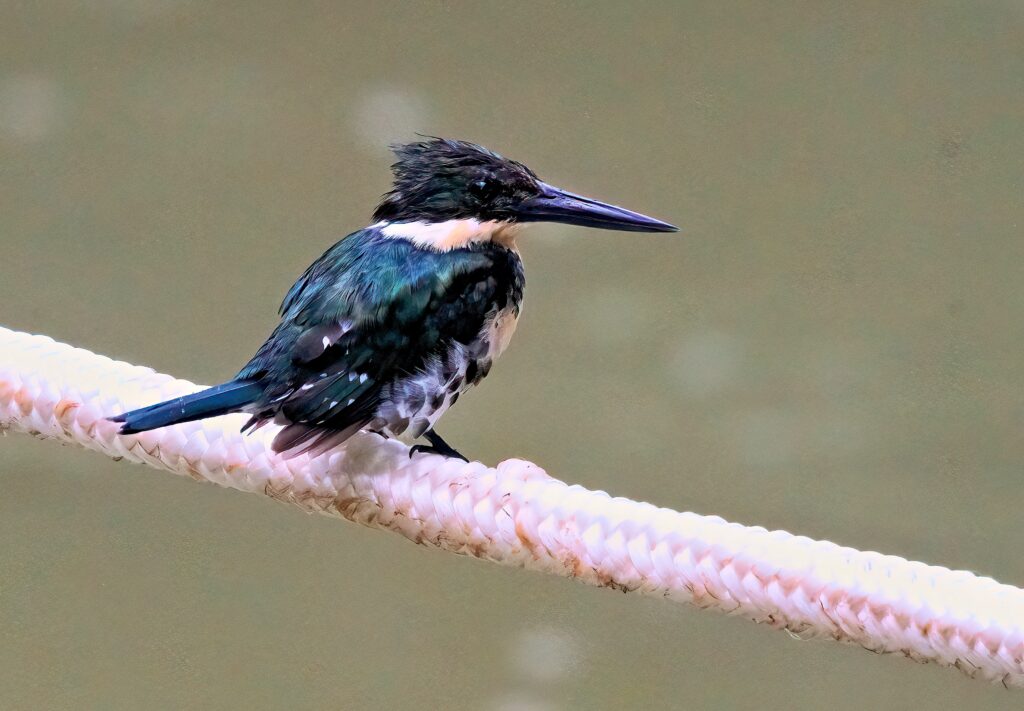
The mystery of the extinction of the largest ever primate has finally been solved. Until recently, the extinction of Gigantopithecus blacki, a giant three-meter tall 250-kilogram primate that lived in the plains of southern China, was a mystery. A large study by a team of researchers from China, the US and Australia of 22 caves in China found that the species on the brink of extinction between 295,000 and 215,000 years ago struggled to adapt to its changing environment. While other primates such as the orangutan adapted their eating habits and behaviours in response to this change, Gigantopithecus blacki struggled to adapt, and as a consequence went extinct.
Biodiversity at risk
The Nigerian Government has destroyed £7 million worth of elephant ivory. The stock of elephant tusks was one of the largest ever seized in Nigeria and weighed close to 2.5 tonnes. Tens of thousands of elephants are killed worldwide each year for their tusks which are often carved into highly valuable works of art. It is estimated that fewer than 500,000 elephants persist in Africa, a considerable decline from 1.3 million in the 1970s. The destroyed ivory will be pulverised into powder which will be made into a monument symbolising the importance of elephant conservation in Nigeria.

Norway is set to approve deep-sea mining operations despite major environmental concerns. The move will make Norway the first country in the world to open up its seabed for deep-sea mining. Scientists have voiced considerable concern over the potential impact on marine life and carbon storage. Recent studies in Norwegian waters have shown that mining operations would have severe impacts on unique marine wildlife. The EU and the UK have opposed such a move citing environmental concerns. Norway has claimed that exploiting deep-sea mineral deposits will aid the green transition.
Climate crisis
Scientists have confirmed that 2023 was the hottest year on record. Last year saw temperatures 1.48°C warmer than the long-term pre-industrial average temperature. The record high has been driven by a combination of human-caused climate change and the natural El Niño weather phenomenon. The latter half of 2023 saw temperature records for the time of year being broken almost every day with a worrying increase above previous records. 2023 was also notable for extreme glacial retreat, Antarctic sea-ice lows and record ocean temperature highs which far exceeded previous records.
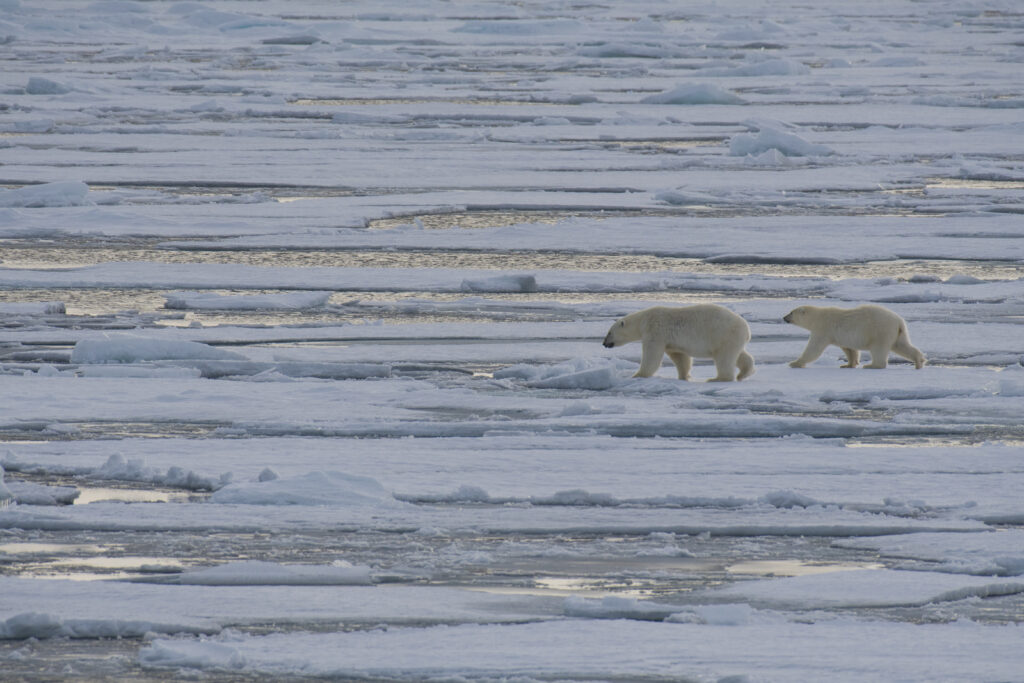
Germany’s greenhouse gas emissions hit a 70-year low in 2023, according to a German think tank. The low comes as Germany winds down its coal-fired power production resulting in a reduction of 73 tonnes of greenhouse gas emissions this year. This was made possible by reduced overall electricity demands and increased foreign imports from renewable energy sources. However, the study also highlighted that only 15% of the total can be counted as permanent emission reductions with a large proportion due to unpredictable social or economic activity.

Farmers have called for stronger river defences after Storm Henk wreaked havoc on their crop fields. Many thousands of acres of agricultural land have been left sitting under water in the wake of the storm which follows Storm Babet and Ciaran in the autumn. The National Farmers Union has also called for compensation for farmers who are directed to let their fields flood as part of efforts to protect towns from flooding. The extreme flooding has caused significant financial stress for many affected farmers. The government has said that £221 million was being spent on flood defence maintenance in 2023/2024.
Scientific discoveries
Sperm Whales live in culturally distinct units, a new study has revealed. Scientists at Dalhousie University, Canada, analysed Sperm Whale feeding habits and the sounds they made using underwater microphones and drone surveys and found that they organised themselves into female-based groups of up to 20,000 animals. These groups were divided by distinctive sequences of clicks in their vocalisations. The researchers discovered that while different clans of the whales might meet, they never interbreed, recognising and maintaining their differences.


